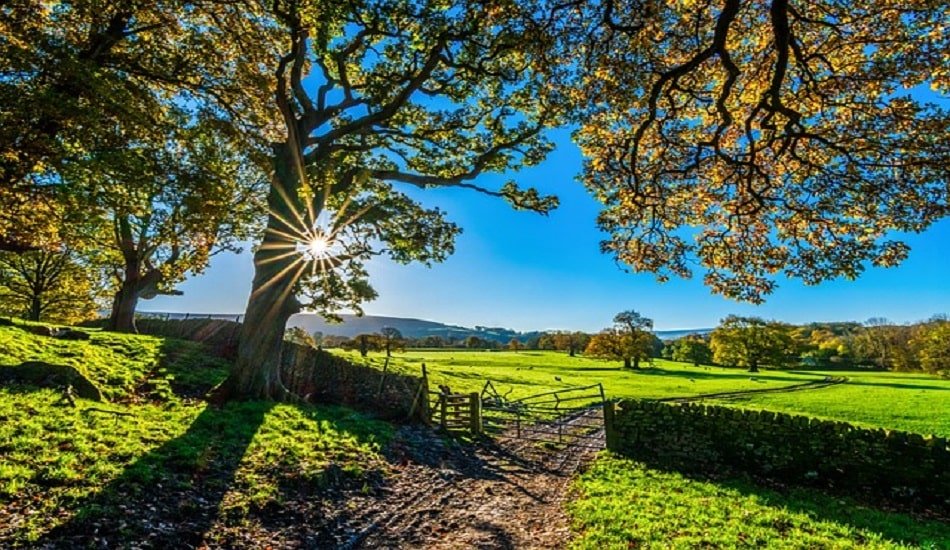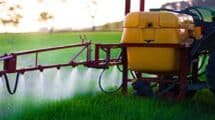Buying farmland can be a significant investment and decision, and there are various reasons why someone might consider purchasing farmland.
Here are some common motivations:
Many people buy farmland with the intention of engaging themselves in farming activities. They may want to grow crops, raise livestock, or run a farming business. Owning a good farmland with good road connectivity provides them with the space and resources to do so. For middle-aged and retired people, investment is the major reason, as farmland can be a long-term investment that can appreciate in value over a period of time. Land is a finite resource, and as the population grows, the demand for agricultural products typically increases. This can lead to an increase in the value of farmland.
Investment Portfolio
Farmland can be a valuable addition to an investment portfolio, offering diversification benefits. It tends to have a low correlation with other asset classes, such as stocks and bonds, which means it can help spread risk. If the farmland investment is considered partial, income can be generated through agricultural activities carried out on farmland. Crop farming, livestock raising, and leasing the land to other farmers are ways to generate rental income or profits from the land.
Sustainability and Self-Sufficiency
Some people buy farmland to practice sustainable agriculture and reduce their reliance on external food sources. They may grow their own food and promote environmentally friendly farming practices. The retirement life choice of owning farmland can be a fulfilling lifestyle choice, especially for those who desire a quieter, rural life in close connection with nature. It can also serve as a place for retirement or a weekend getaway for middle-aged farming enthusiasts.
Also Read: Small farmers need irrigation, fertilizers, and market access to transform food systems
Future Development in the region
Investors or individuals with a long-term view may buy farmland in areas where urban or suburban expansion is expected in the near future. They anticipate that the land’s value will increase as it gets rezoned for development.
Before buying farmland, it’s crucial to conduct thorough research, including soil quality assessments, environmental considerations, zoning regulations, and financial planning. Additionally, consulting with experts such as agricultural extension agents, real estate professionals, and financial advisors can help you make an informed decision based on your specific goals and circumstances.


















Add Comment